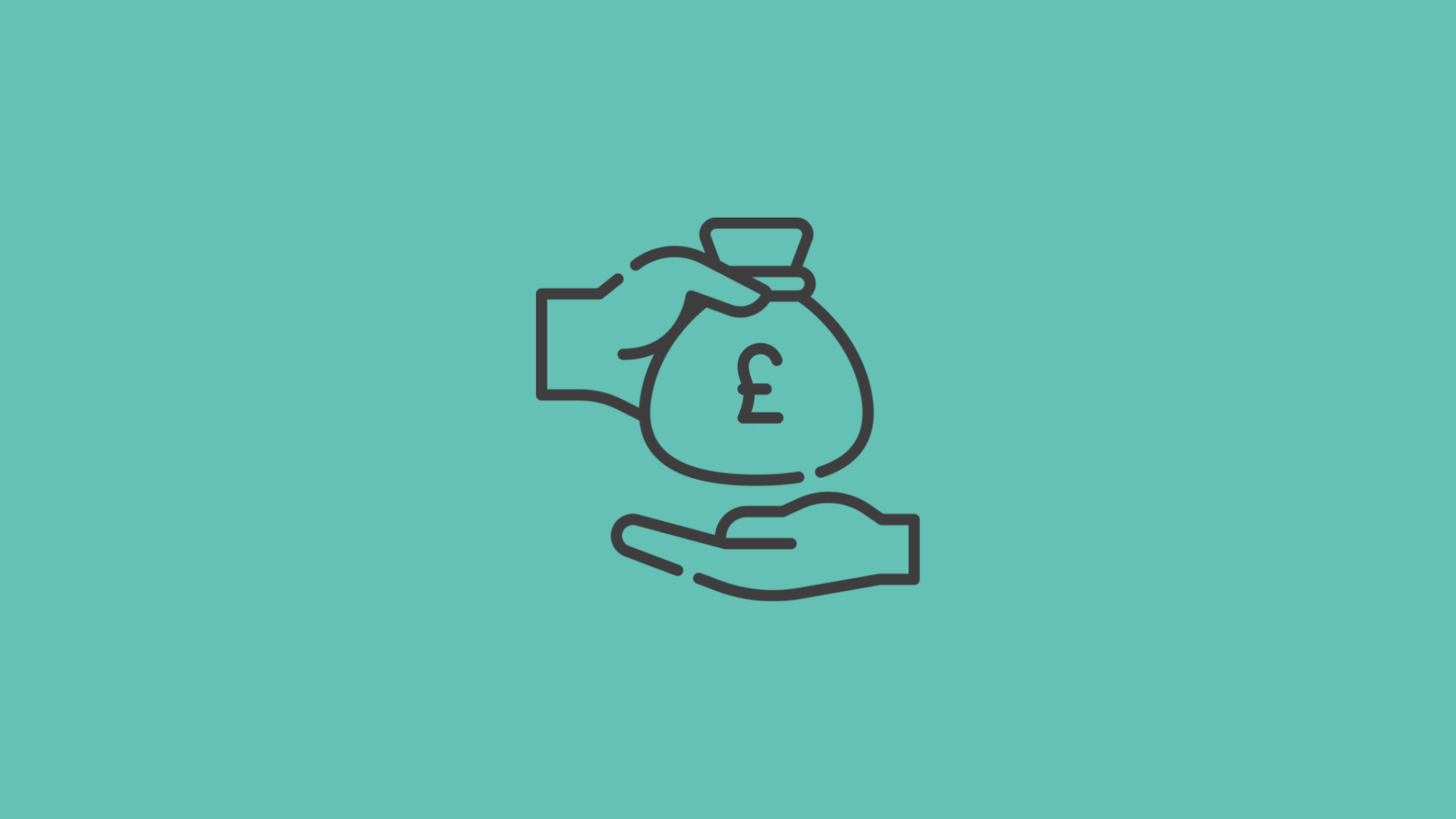

Startup Spotlight: Subtap
27th September 2018

Harrison Moore, Founder, Subtap
This month, Harrison talks to us about his experiences as the founder of Subtap.
Can you introduce your start-up? What is it, and how did it come about?
Off-payroll tradespeople (OPT) experience chronic job insecurity and therefore commonly leave contracts before the end in order to protect themselves from being out of work. OPT leaving contracts early inhibits on-site productivity, costing employment agencies and employers’ considerable resources while making project costs and deadlines unpredictable.
Subtap works with employers, agencies and OPT through technology to solve these problems.
Subtap came out of my own experiences working as an OPT for 7 years.
Where are you in your startup journey?
I’m 12-months in, on the edge of starting a feasibility study using primitive tech, still working alone but hoping to recruit a developer/partner within a month.
To date, what has been the biggest triumph for your business?
Winning the 2017 Our Place in the World prize and a Do It Award from UnLtd. Receiving so much support from important people in the industry.
Are you a sole founder? If so, how have you found it? And do you have any advice you would give to other sole founders?
Yes – I jump out of bed each day full of purpose but the one thing I’ve heard myself complain about more than anything else is working alone. I’ve been through 12-months’ intensive research and ideation, sharing strategies with smart friends and getting feedback from people much wiser than me. This process has been invaluable. But it has also meant that, to outside eyes, I haven’t moved as quickly as I could. In my defence, I’ve been working a part-time job too. There are only so many hours in the day.
I think it would’ve been tricky finding a co-founder before now since everything has shifted so often. Now, though, I’m focused on my study and have some tech to do it with, so I expect things to move along faster now, including my recruitment drive.
The biggest piece of advice I would give is to choose your mentors carefully. There’s plenty of free advice out there. But who has done exactly what you’re trying to do? Find them! Forget everyone else for now.
I still haven’t found that person.
How do you manage to balance growing a start-up with having a personal life?
Luckily, my partner is really supportive and we have a comfortable life in south London with a flat that is quiet and cosy. Plus, we both have large families and a diverse set of mates, so we’re always busy and able to get away. Escapism is easy.
Contrary to prevailing wisdom, I don’t actually work flat out on my startup. I wake up naturally every morning at around 6 am, because I’m a lark not because I’m obsessed with work. I work a typical length day shift and I sleep at a reasonable time. I don’t behave like the archetypal white-knuckle entrepreneur. I don’t believe I have to. There is a lot of chit chat from moralising influencers and business people-turned authors which claims that to build a successful business requires sacrificing family, friends and sanity. It’s bullshit.
How do you cope with the pressures that come with building a business?
That’s not to say I don’t often get stressed. But it only lasts 20 mins or so and then it’s gone. I have been meditating twice daily for 18 months. I also have weekly psychotherapy. I eat well, exercise (less than I’d like to) and sleep in a big, comfy bed. I proactively seek out books and people who are invested in personal growth and wellbeing. Finally, I’m taking a short course in leadership and management because I realised that I was missing these skills. All of these things, then, mean that I have so far been able to handle the pressure.
Did you pursue investment? If so what advice would you give on pitching? What was your secret weapon?
I had to pitch for investment in order to win the competition last year. I used Airbnb’s original slide deck, dropped in my narrative and numbers, practiced – on family and on my own – until I knew the 6-minute pitch like the back of my hand and then I nailed it.
Practice it. Then practice it again. Also, just be honest when they ask you questions you don’t have an answer to. Tell them you’ll find out.
Ultimately, be yourself. The best advice I ever heard about presenting was that, ‘It is your job as the presenter to make the audience feel comfortable.’ Wow! That was a paradigm shift for me and it made me see it as an opportunity instead of a chore.
If you could name one thing that you wish you knew when you started, what would it be?
I wish I knew a bunch of other people who were as enthusiastic about this particular corner of Construction as I am, people who are able to work on it without juggling another full-time job and who have different but complementary skills and ideas to me. (I still wish I knew them)
To date, what has been your most important lesson?
Rigorously challenge myself to distinguish between what is actually good business sense and what is merely going to boost my ego. Put simply, do I really need to tinker around and pay for this thing to be built, or can I just use a print-out for now?
Do you have any tips or advice for anyone thinking about starting up their own business, or who have just started their journey?
A friend recently warned that Entrepreneurialism is being wrongly heralded as the be all and end all, particularly to young people, when in fact it is nothing but hard graft and frequent disappointment. It’s true that ‘going into business’ today appears more accessible, fluid and fun than it probably ever has. And I’d be lying if I claimed not to have been swept up in the all-inclusive startup spell. Maybe it will prove to be extremely hard and disappointing. Or maybe not. Maybe being in business today can be accessible and fluid and fun and whatever else we want it to be.
In any case, I would say it’s best to exercise suitable degrees of both cynicism and naivety. Know that there’s probably some truth in both sides and it’s okay to be divided. Try to have a handle on why you’re doing it, even if some of that ‘why’ is simple narcism or retaliation against some former ideas. The sooner you accept the ‘why,’ the sooner you can get on with being disappointed or delighted.
What has been the most challenging part of your start-up journey so far?
My own internal daily dialogues. We are our own worst enemies.
What’s next for your business?
I’ve planned my work. Now I’m going to work my plan. Here goes nothing!
Keep up to date with what we’re up to via email
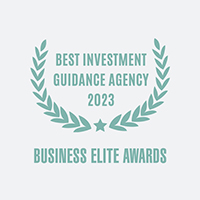
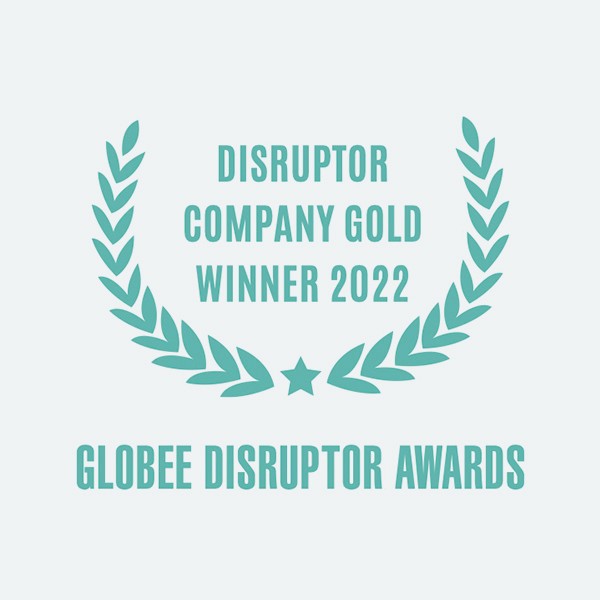
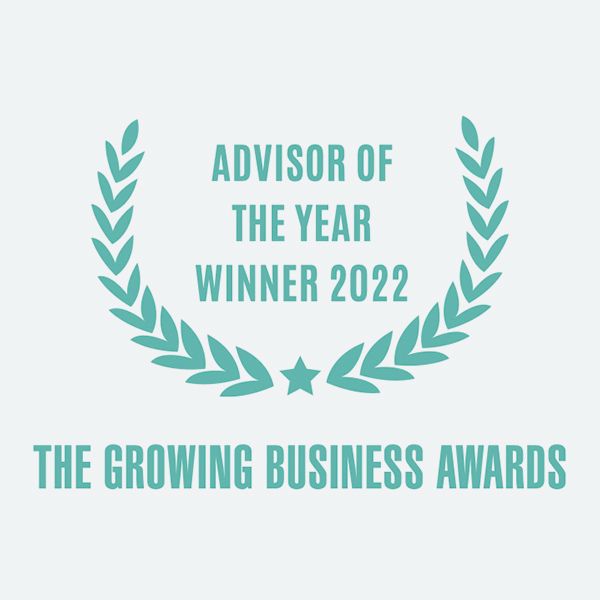
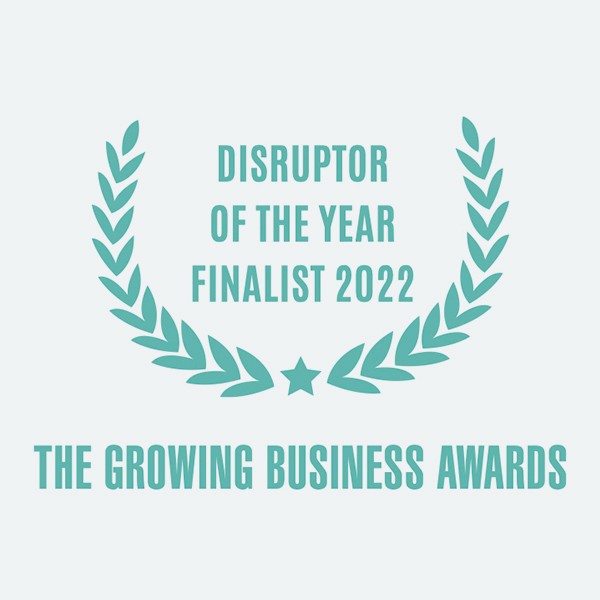
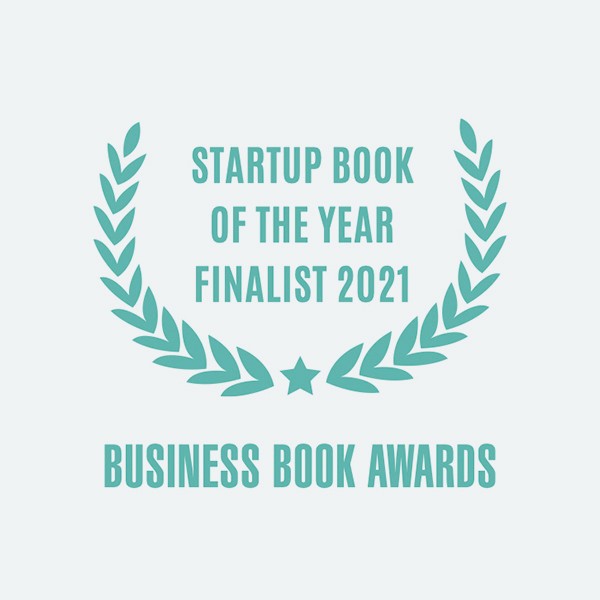

Copyright ©Robot Mascot Ltd. All rights reserved.


